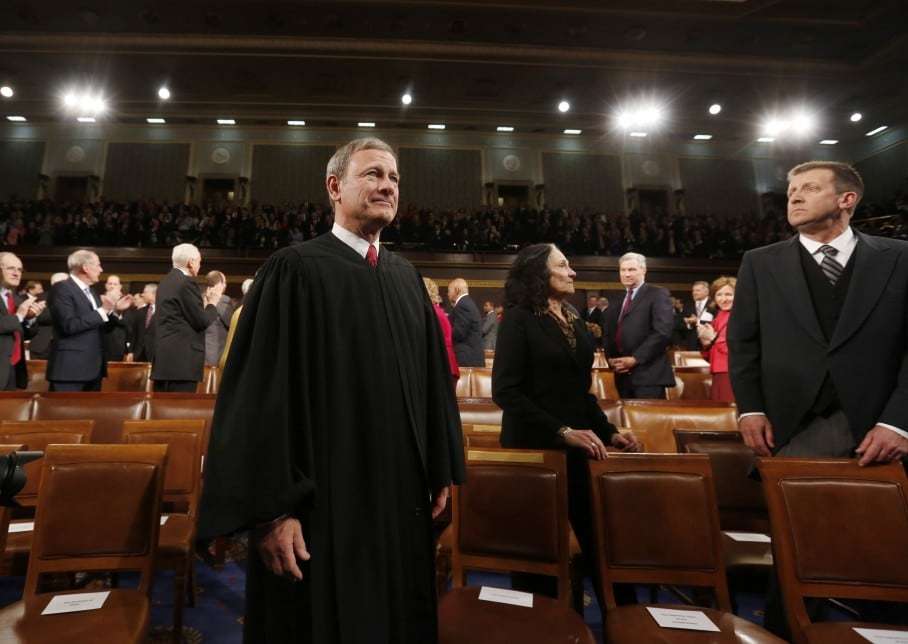The Volokh Conspiracy
Mostly law professors | Sometimes contrarian | Often libertarian | Always independent
Chief Justice Roberts reads law reviews, after all

In 2011, Chief Justice John Roberts created a little bit of a stir among legal academics for suggesting that much legal scholarship is not of much use to the judiciary or legal practitioners. Speaking at a judicial conference, Roberts said:
Pick up a copy of any law review that you see, and the first article is likely to be, you know, the influence of Immanuel Kant on evidentiary approaches in 18th Century Bulgaria, or something.
If the academy wants to deal with the legal issues at a particularly abstract, philosophical level, that's great and that's their business, but they shouldn't expect that it would be of any particular help or even interest to the members of the practice of the bar or judges.
Chief Justice Roberts was not the first to make this suggestion, but his remarks received significant attention nonetheless.
While the Chief Justice's remarks might suggest he has no use for law reviews, his opinions tell a different story. As Richard Re notes over at Prawfsblawg, the Chief Justice often cites academic articles from law reviews in his opinions on the Court. He lists several recent examples (in addition to those identified by the VC's Orin Kerr in 2012.) Writes Professor Re:
The listed cites likely understate the Chief's interest in law reviews, since he presumably considers many materials that, for one reason or another, don't actually end up appearing in his published opinions. . . .
The fact that law review citations regularly appear in the Chief Justice's judicial opinions casts the Chief's famous critique of law reviews in a different light. Instead of taking the position that law reviews are generally irrelevant to the Court's business, perhaps the Chief meant to convey that law reviews could or should be relevant to courts even more often than they currently are.


Hide Comments (0)
Editor's Note: We invite comments and request that they be civil and on-topic. We do not moderate or assume any responsibility for comments, which are owned by the readers who post them. Comments do not represent the views of Reason.com or Reason Foundation. We reserve the right to delete any comment for any reason at any time. Comments may only be edited within 5 minutes of posting. Report abuses.
Please to post comments
Mute this user?
Ban this user?
Un-ban this user?
Nuke this user?
Un-nuke this user?
Flag this comment?
Un-flag this comment?